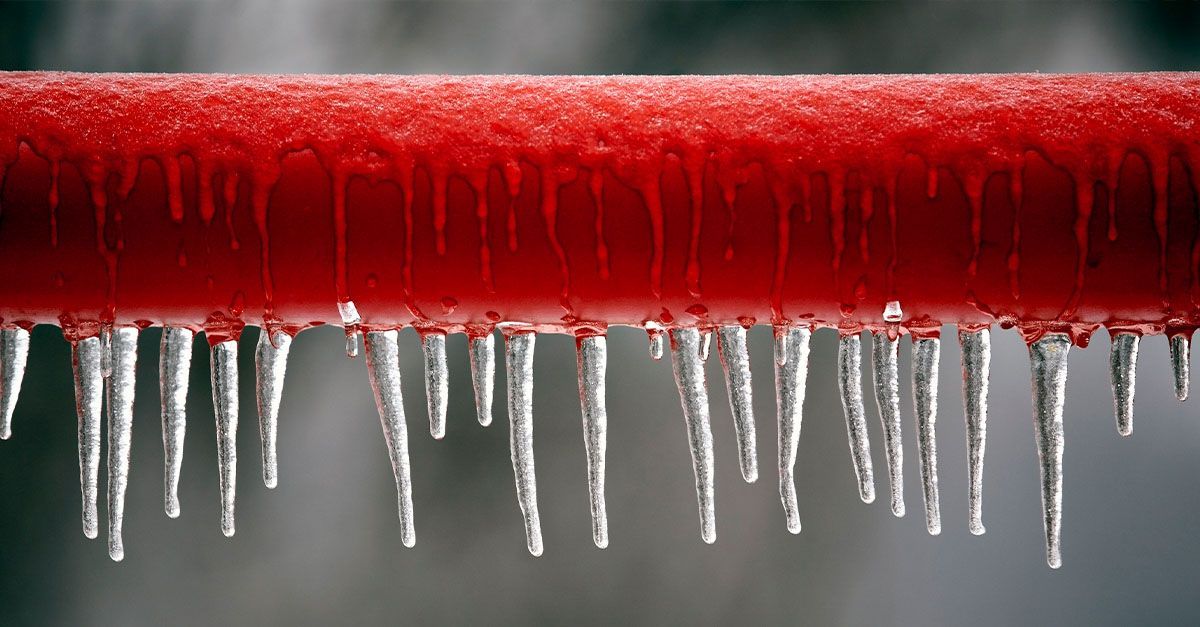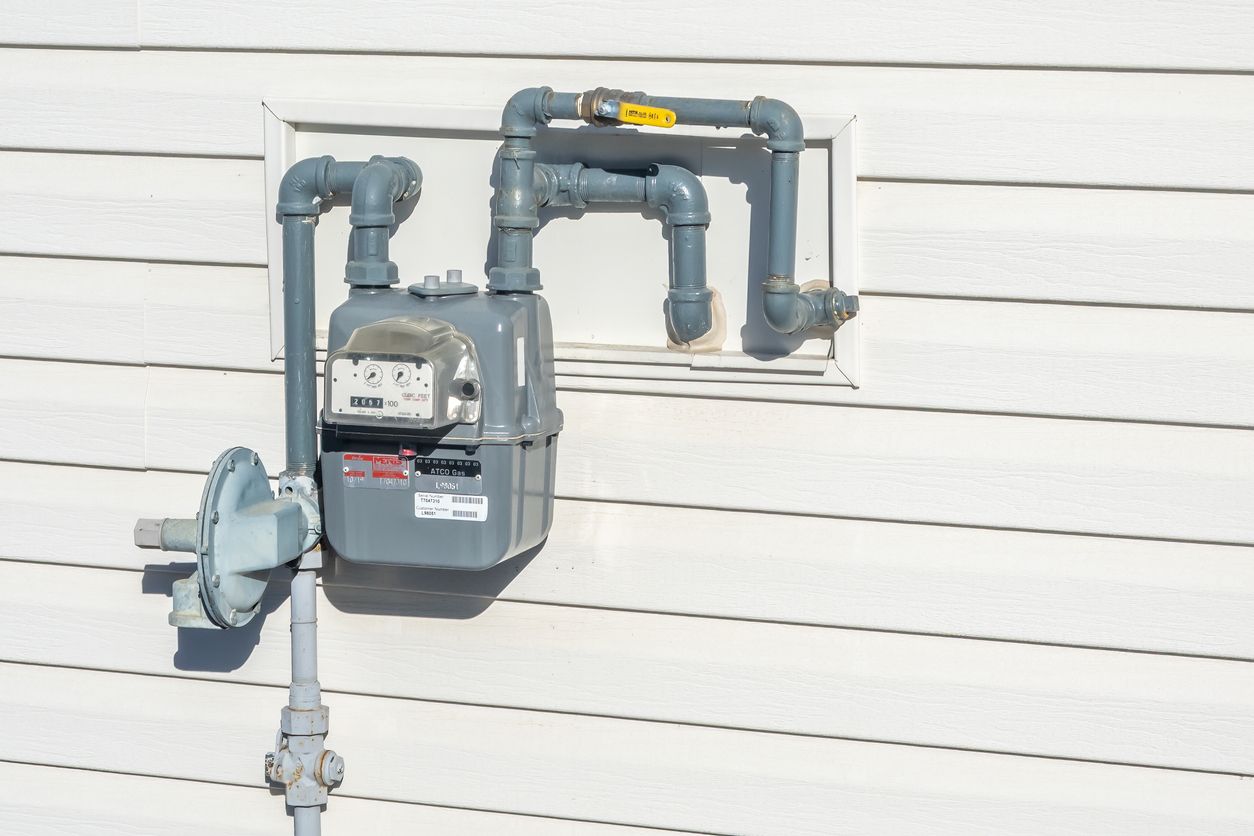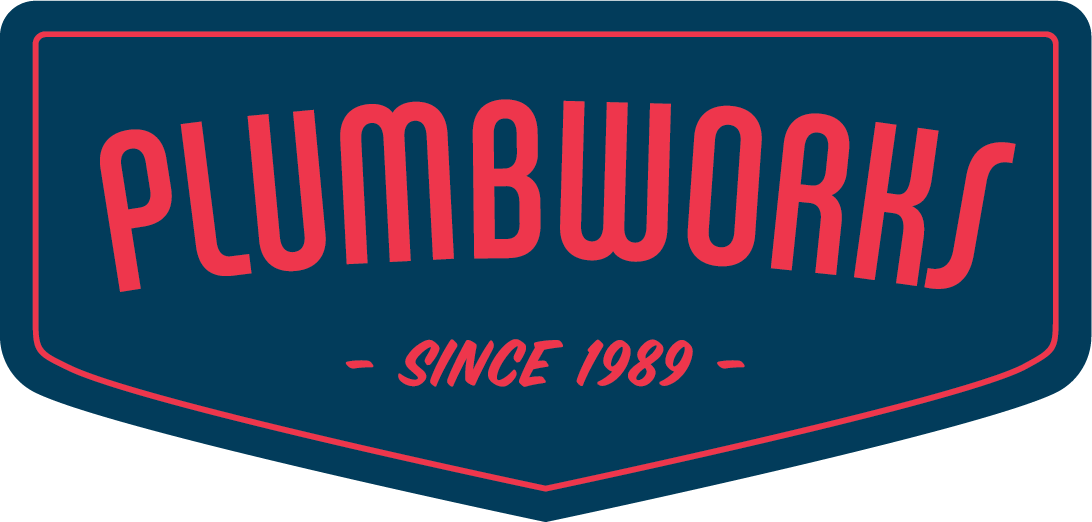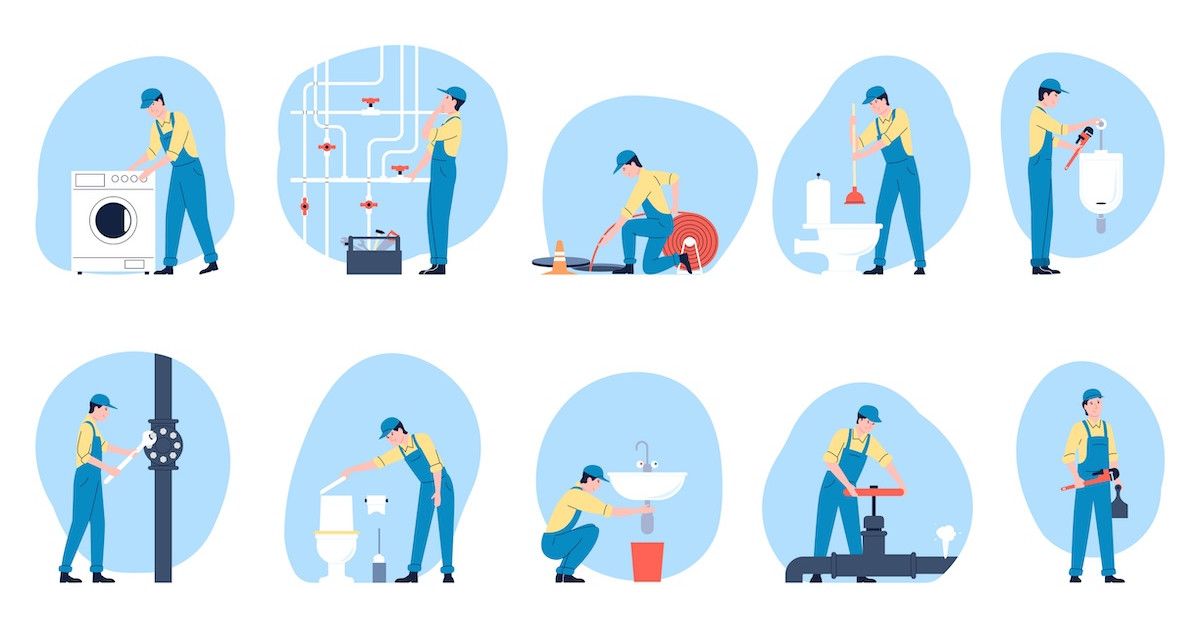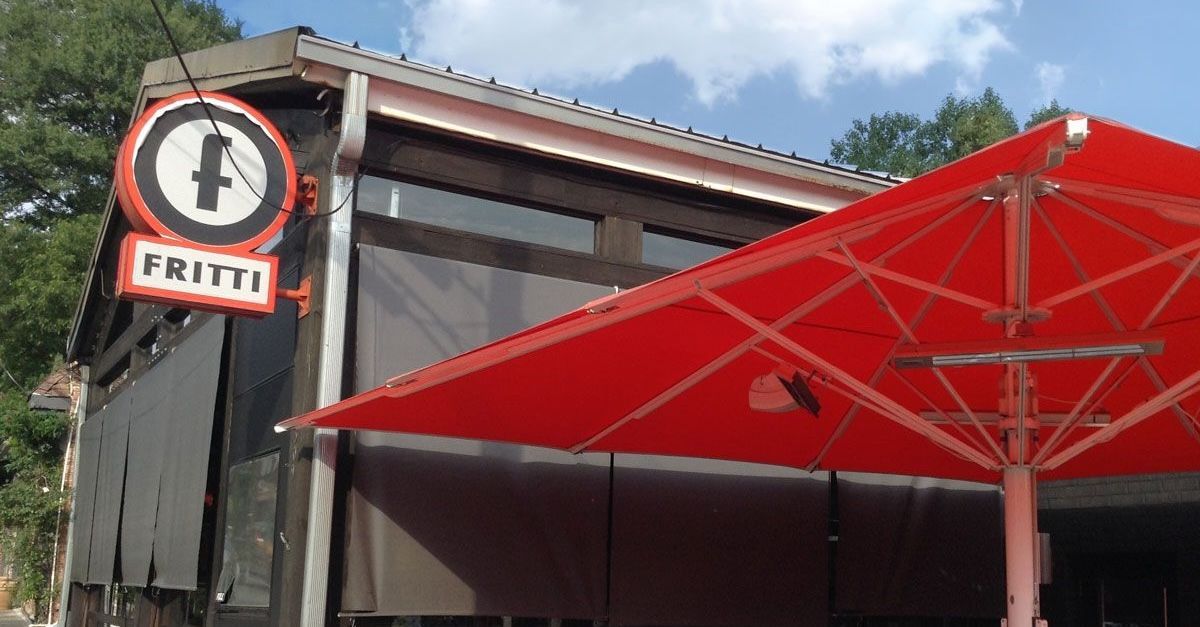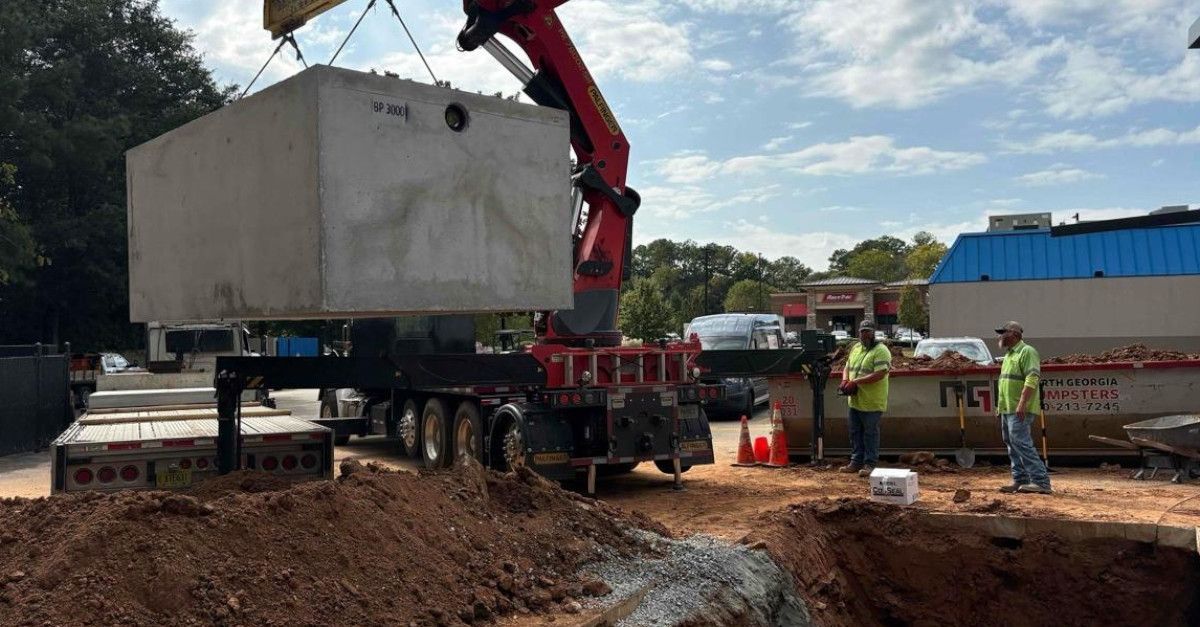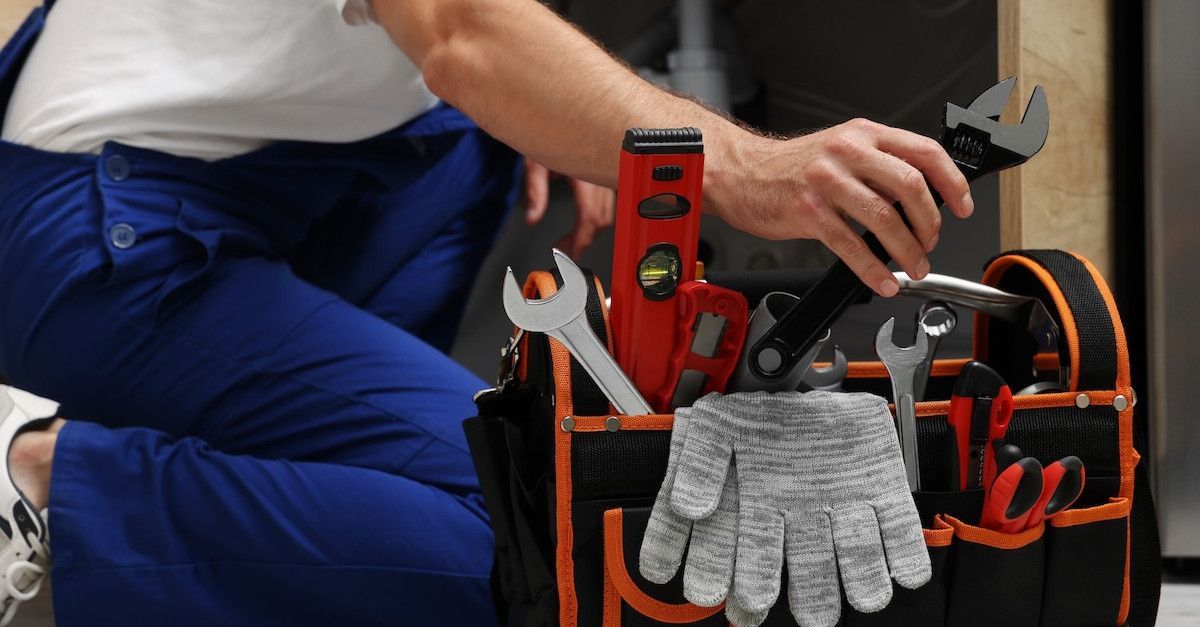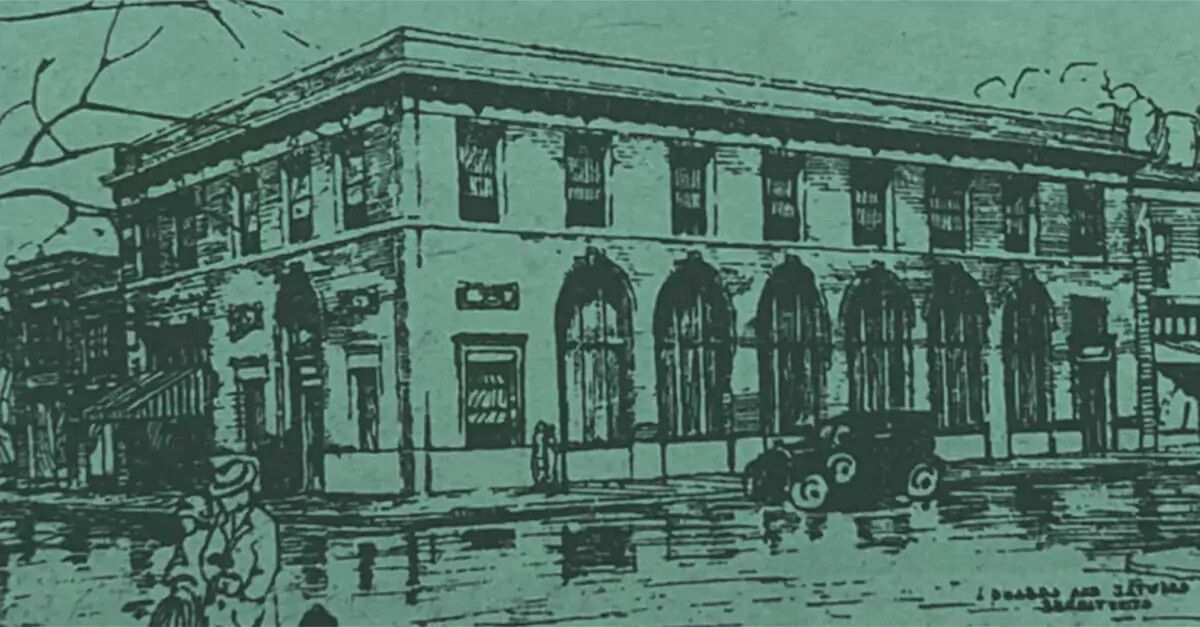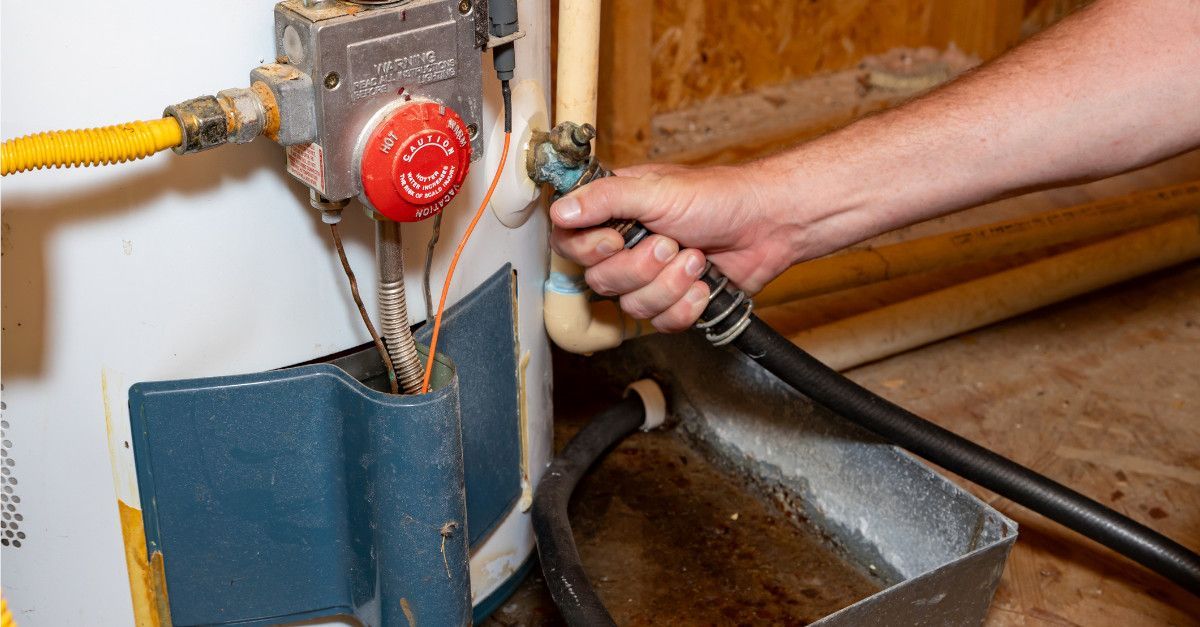What to Know About Trenchless Sewer Repair
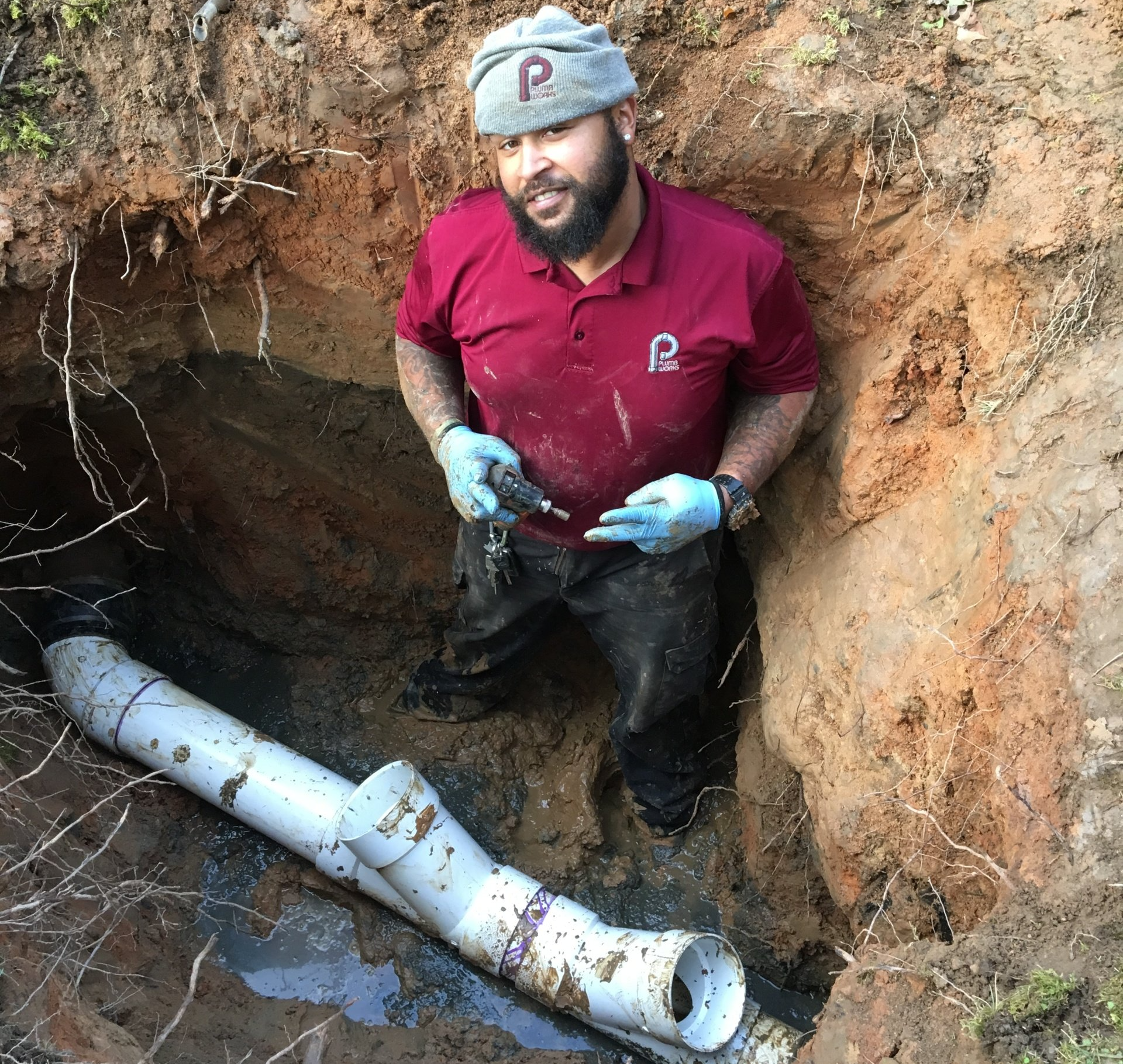
Whether it’s due to pipes bursting because of winter weather conditions, tree roots in your sewer line, or just age, sewer line replacement is something that most property owners will have to deal with at some point in their life, especially if they have an older home. However, broken and deteriorated sewer lines don’t have to mean destroyed yards. In fact, there have been significant advancements in technology in recent years that have allowed another repair method, trenchless sewer line repair, to become a much more viable option than previously thought.
Trenchless repair methods have become increasingly popular with homeowners across the country due to the ability to have repairs made with minimal disturbance to landscaping, in addition to being both quicker to complete and resulting in pipes that are more durable in the long run. So what exactly does a trenchless repair service entail?
What does ‘trenchless’ mean?
For a repair to be considered “trenchless”, it must be done without extensive digging, meaning that your property will be left almost entirely intact throughout the repair process. Trenchless repairs truly began in the 1940s with the development of the slip lining technique, which involves installing a smaller “carrier” pipe into a larger “host” pipe. Since then, trenchless technology has evolved to include the pipe bursting repair method and the “cured in place” pipe lining method.
How does trenchless sewer repair work?
When it comes to sewer repair methods, the quicker and tidier the better. Trenchless sewer line repairs require digging access holes that allow the technicians to feed the new pipe through the existing pipe, meaning they won’t have to tear up all of your landscaping.
The repairs can then be made by using one of two methods: pipe bursting, which consists of breaking the affected pipe with a hydraulic or pneumatic tool while the new pipe is being pulled through, or pipe lining, which is done by feeding a flexible pipe through the existing pipe, inflating it, and allowing it to harden over time, therefore, creating a new pipe that is more durable.
Trenchless Sewer Repair vs Traditional Sewer Repair
As we mentioned before, traditional sewer repair methods have a tendency to be incredibly invasive. Between all of the noisy excavation equipment, upturned grass and flower beds, and the potential re-routed traffic, many people dread having their sewer lines repaired. Luckily, trenchless technology allows for repairs to be made within a few hours with minimal impact on your day-to-day activities. These are just some of the benefits of trenchless repairs. You can also expect your trenchless repairs to be just as effective as traditional repairs and last for decades to come.
When should you use this pipe repair method?
Unfortunately, though trenchless technology has come a long way, it is still not suitable for use in every situation. If a pipe has been severely damaged, a trenchless repair might not be a feasible option. That is why it is vital to call a certified plumber as soon as you begin to notice a problem with your underground plumbing so that it can be repaired as quickly and efficiently as possible.
How much does trenchless sewer repair cost?
Trenchless sewer repairs can be some of the most cost-effective repairs in your home or business. Not only is it generally cheaper than traditional methods, but because of the minimal damage to the surrounding area, it is not necessary to spend thousands of dollars on those repairs as well. It is recommended that you contact a licensed plumber to receive an accurate estimate for your repair project.
Contact Us For Certified Trenchless Plumbing
Sewer repairs can be a daunting prospect. However, there are ways to fix your pipes without a huge mess. So if you’ve found yourself searching for a way to repair damaged pipes quickly, the Atlanta plumbers at Plumb Works are here to help! To schedule an appointment, give us a call at 404-524-1825 today.
